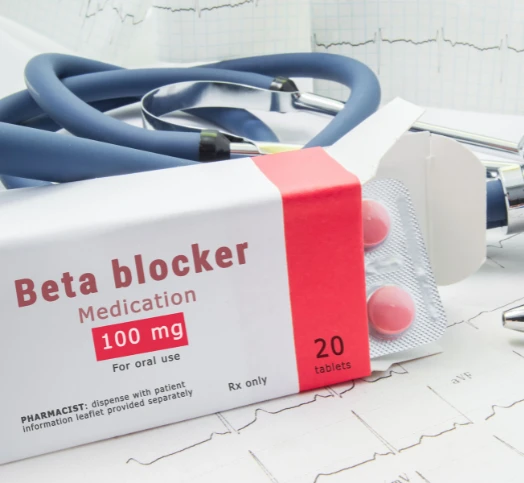Clopidogrel is an antiplatelet medication commonly used to manage patients with ischemic heart disease (IHD), stroke, and heart stents. It works by inhibiting platelet activation and aggregation, which reduces the risk of blood clots forming and leading to further cardiovascular events. This article will explore the benefits of clopidogrel, its typical side effects, and the usual daily dosing.
How Clopidogrel Works?
Clopidogrel, commonly marketed as Plavix or Iscover, is a medication primarily prescribed to prevent blood clots in individuals at risk of cardiovascular events such as heart attacks and strokes. It operates by targeting platelets, which are small cells in the blood that play a pivotal role in forming blood clots.
Inhibiting Platelet Activation
When an injury occurs in a blood vessel, platelets quickly rush to the site to prevent excessive bleeding. They adhere to the injured area and aggregate, forming a plug that stops bleeding. While this is a crucial response to injury, it can also be problematic if it occurs within healthy blood vessels, leading to unwanted clot formation.
Clopidogrel works by inhibiting an enzyme in platelets called P2Y12. When platelets are activated by injury or inflammation, they release chemicals that cause them to stick together and form clots. By inhibiting the P2Y12 enzyme, clopidogrel can prevent platelets from activating and sticking together, reducing the risk of blood clots.
Clopidogrel is typically used with aspirin, another antiplatelet medication, further to reduce the risk of blood clots and cardiovascular events.
What conditions is clopidogrel used to treat?
Clopidogrel is primarily used to prevent blood clots in people who have had a heart attack, stroke, or other cardiovascular event. It is also used to prevent blood clots in people with peripheral arterial disease (PAD) or those who have had certain types of heart procedures, such as stent placement.
In some cases, clopidogrel may also be used in combination with aspirin to prevent blood clots in people with atrial fibrillation, a type of irregular heartbeat.
What are the side effects of clopidogrel?
Like all medications, clopidogrel can cause side effects, although not everyone experiences them. Some common side effects of clopidogrel include:
- Bruising or bleeding more easily than normal
- Upset stomach or indigestion
- Diarrhea
- Headache
Less common but more serious side effects of clopidogrel can include:
- Severe bleeding, such as gastrointestinal or intracranial bleeding
- Allergic reactions, including hives, rash, and swelling of the face, lips, tongue, or throat
- Neutropenia, a condition where the body has a low number of a certain type of white blood cell
If you experience any of these symptoms while taking clopidogrel, you should contact your doctor right away.
How is clopidogrel prescribed?
A doctor or cardiologist usually prescribes clopidogrel, and the dosage will depend on the specific condition being treated and other factors such as age, weight, and overall health. Clopidogrel is available in tablet form and is typically taken once a day, with or without food.
The recommended daily dose of clopidogrel is 75mg once daily. It can be taken with or without food. The duration of treatment with clopidogrel varies depending on the indication. Your healthcare provider should always determine the appropriate duration of treatment based on your individual circumstances.
It’s important to take clopidogrel exactly as prescribed and not to stop taking it suddenly without your doctor’s approval. Suddenly, stopping clopidogrel can increase the risk of blood clots and cardiovascular events.
Conclusion
Clopidogrel is a potent antiplatelet medication that is used to prevent recurrent cardiovascular events in patients with IHD, stroke, or heart stents. It works by inhibiting platelet activation and aggregation, which reduces the risk of blood clots forming. Common side effects include bleeding, headache, diarrhea, and rash. The recommended daily dose of clopidogrel is 75mg once daily, and the duration of treatment varies depending on the indication. If you have any questions about clopidogrel or its use in your treatment plan, speak with your healthcare provider.











